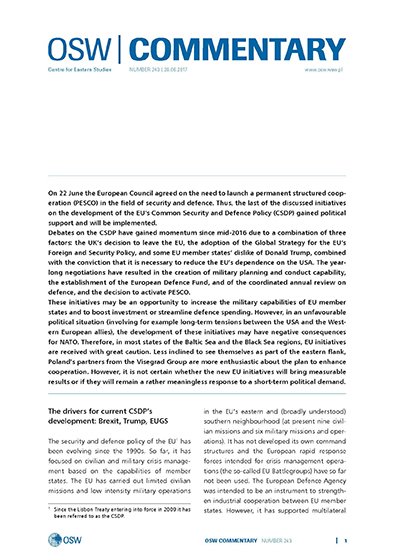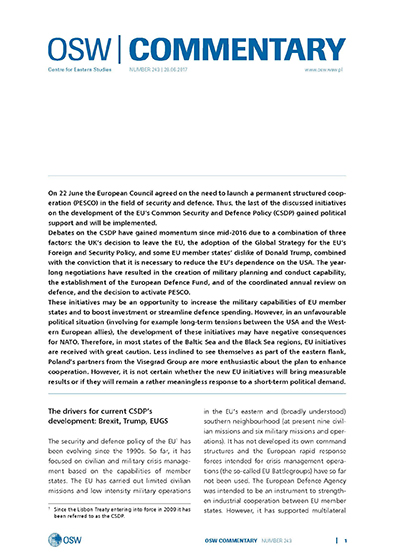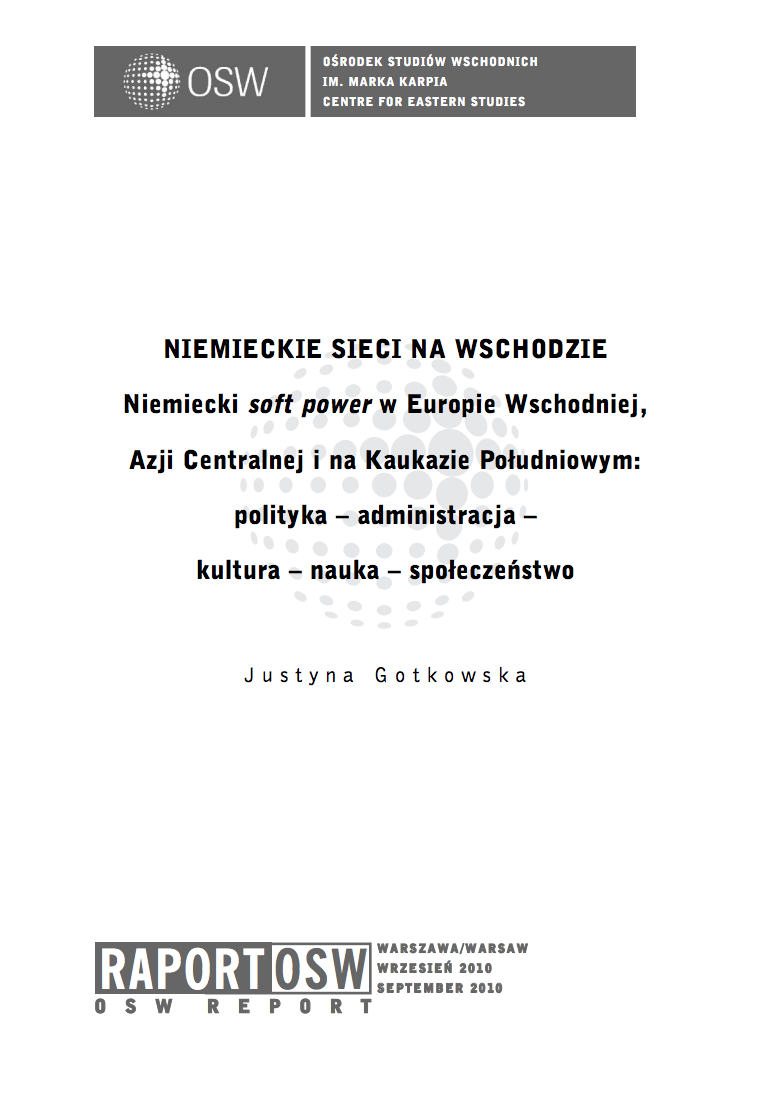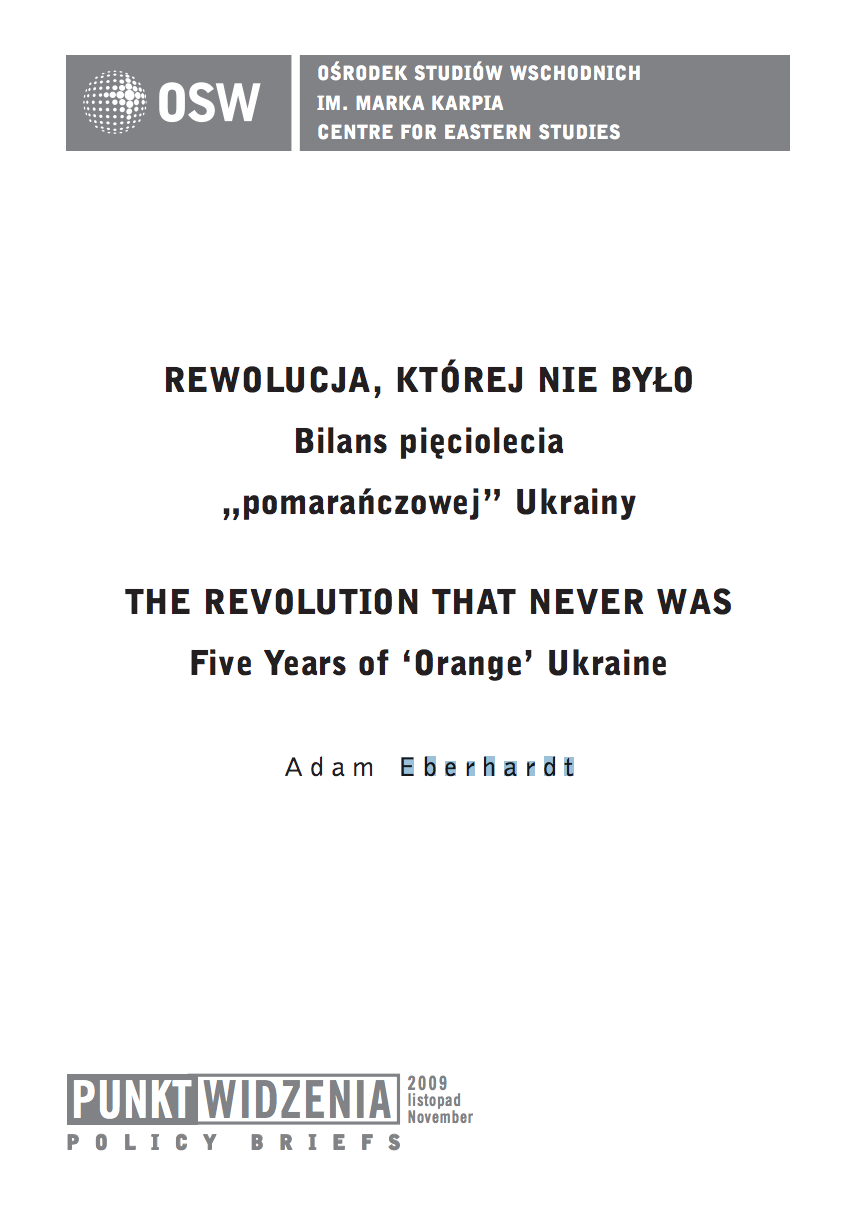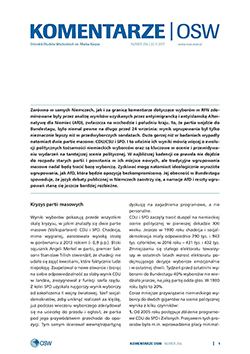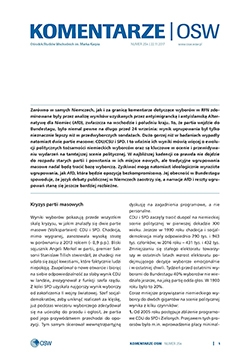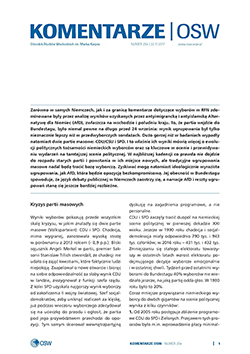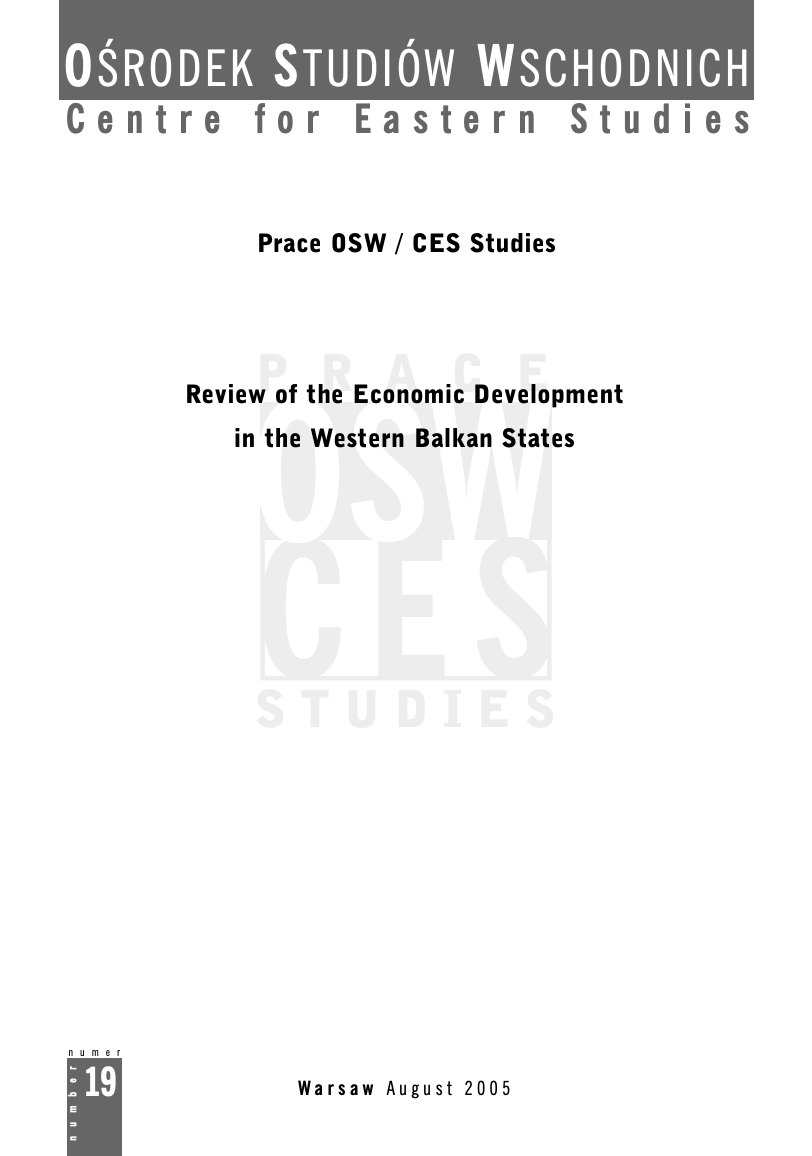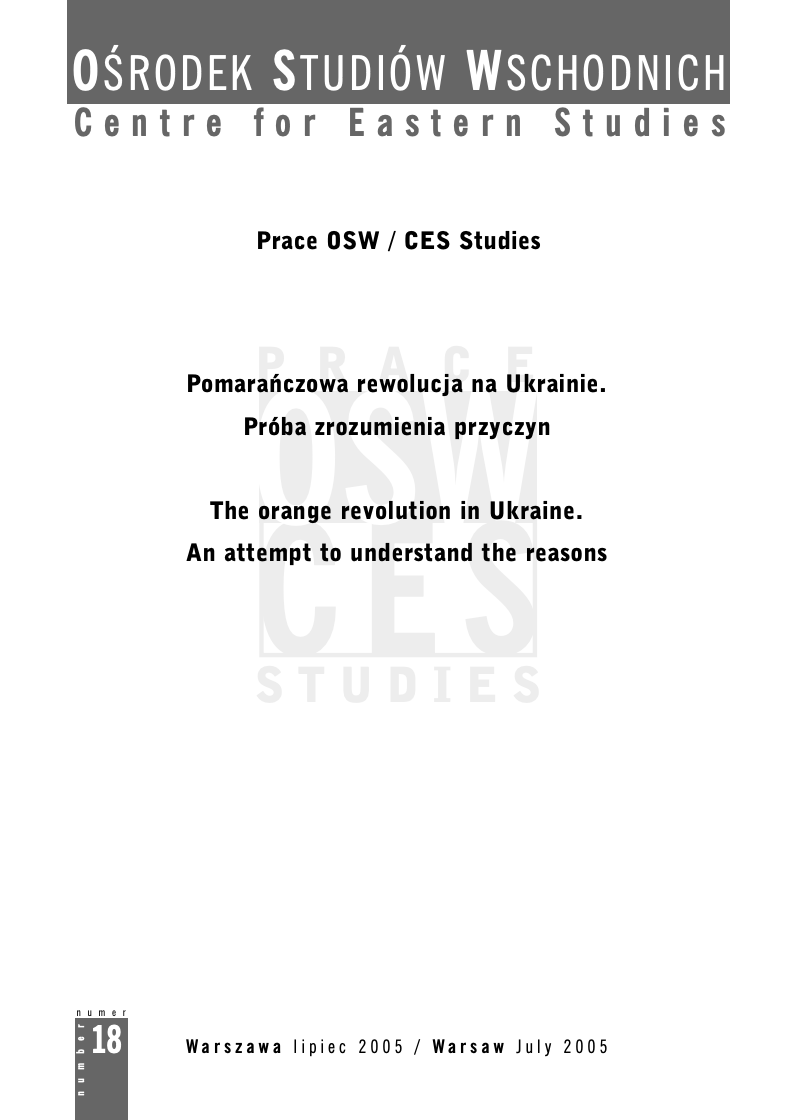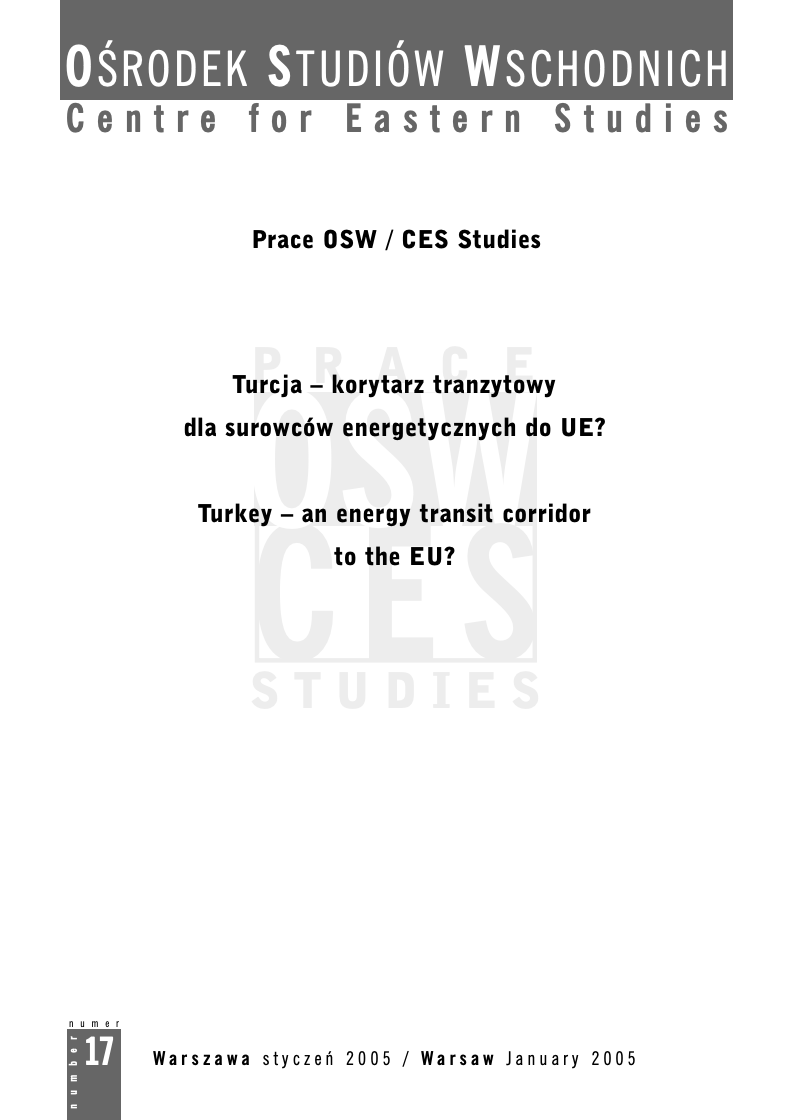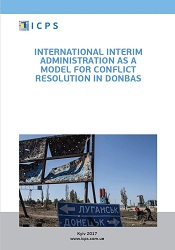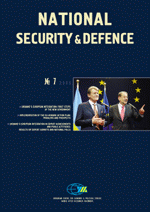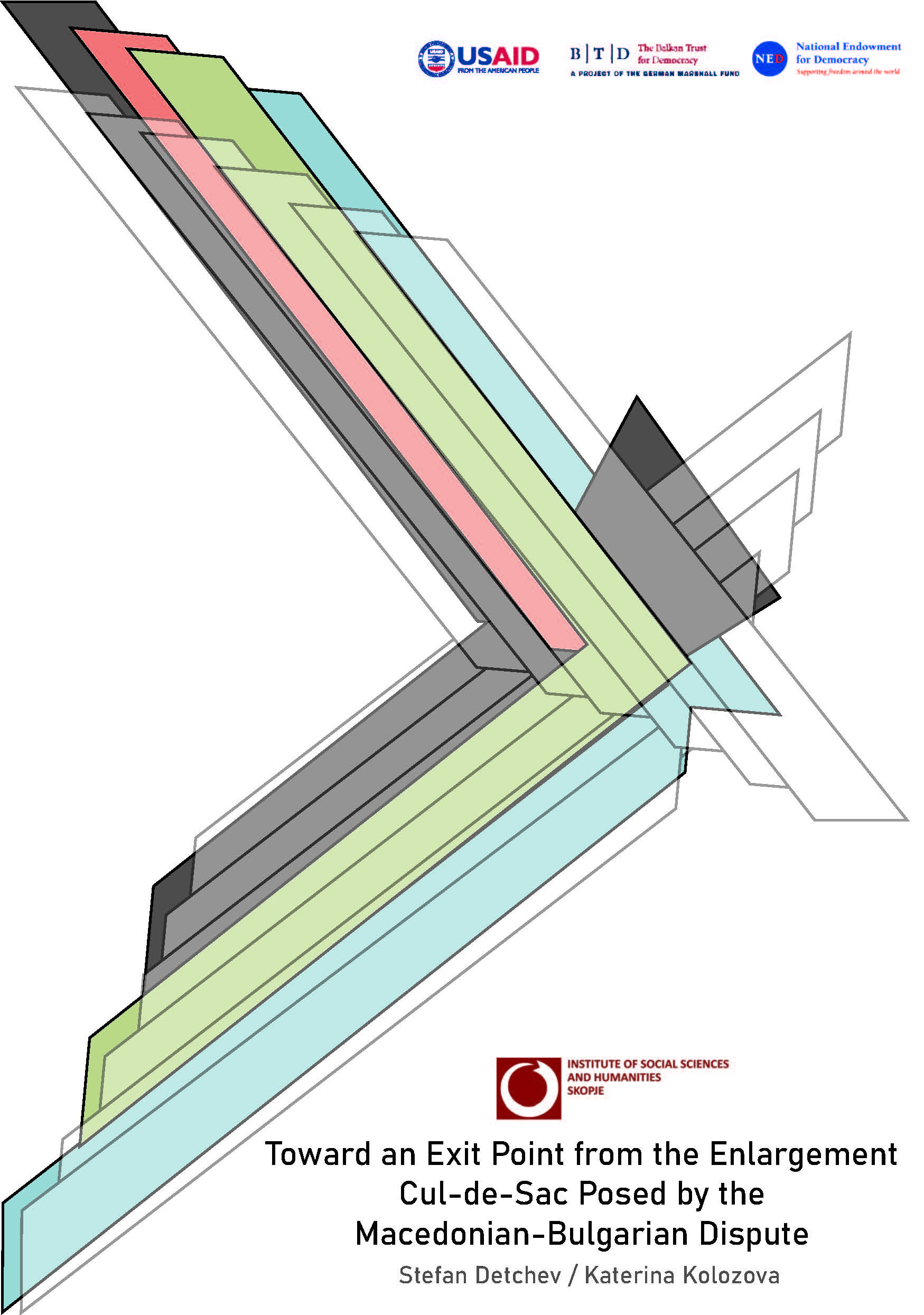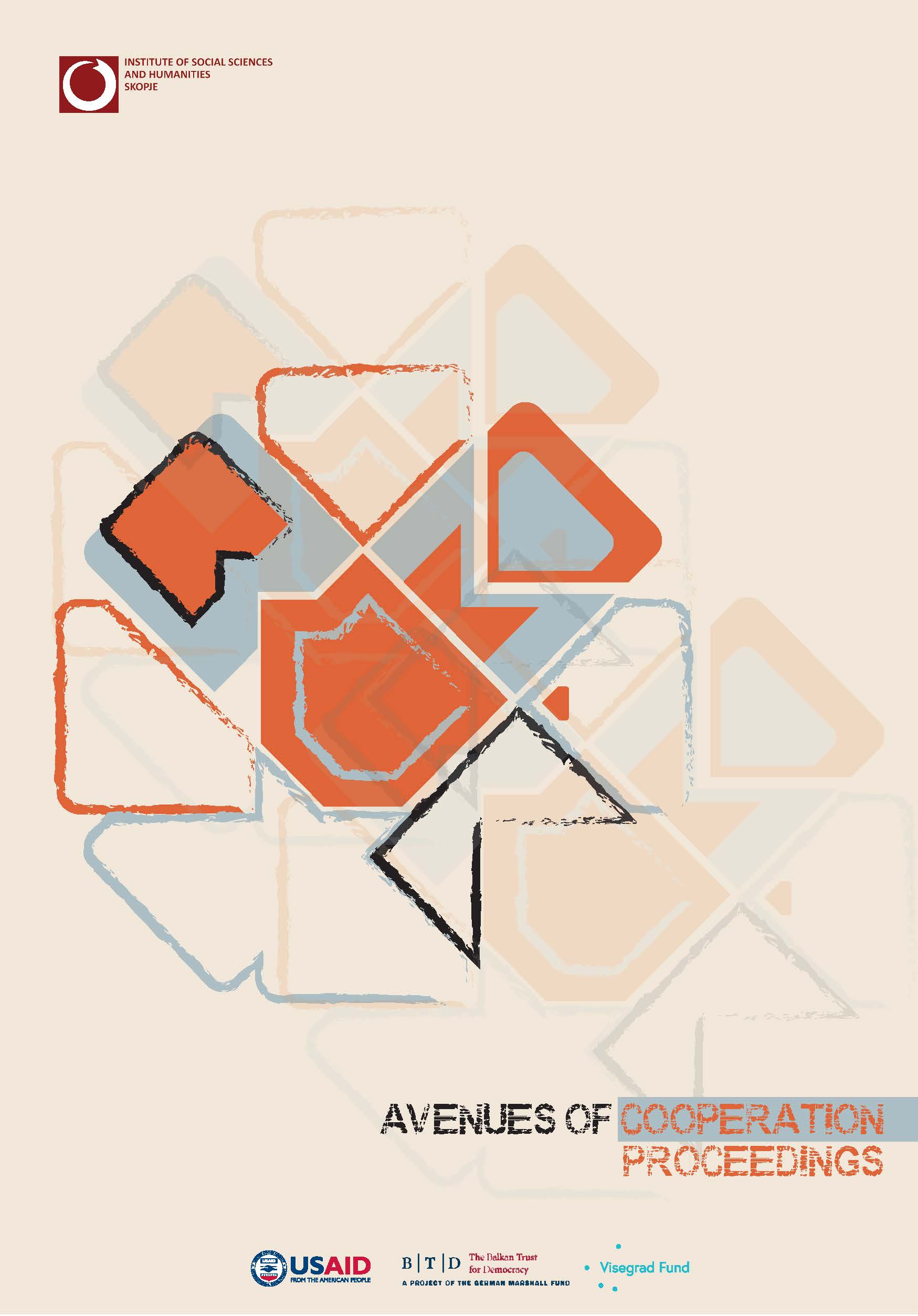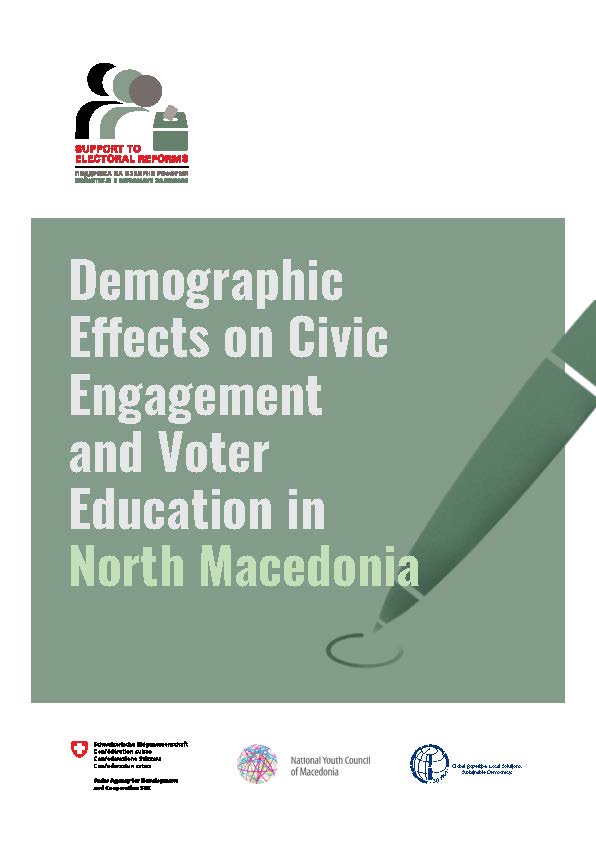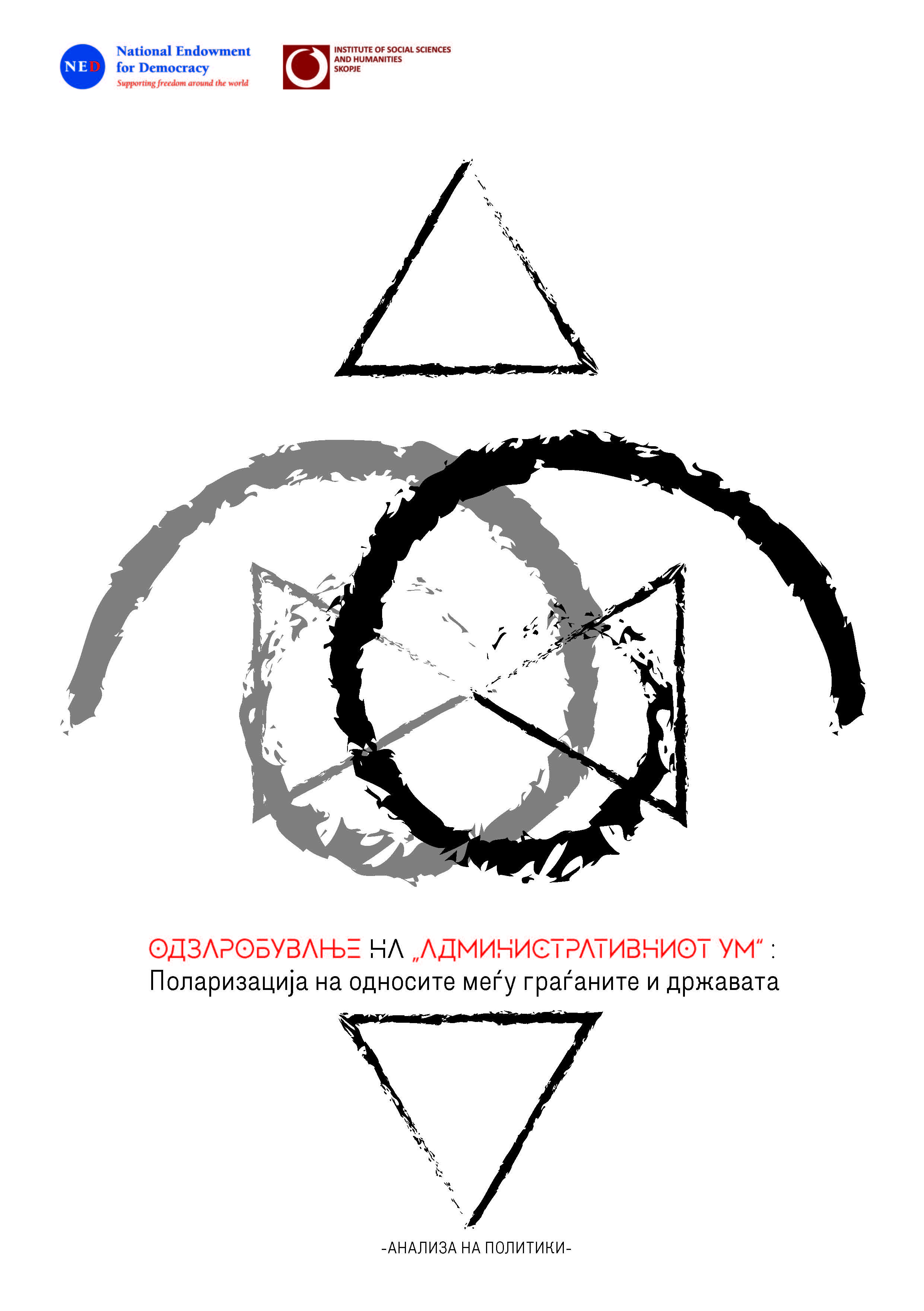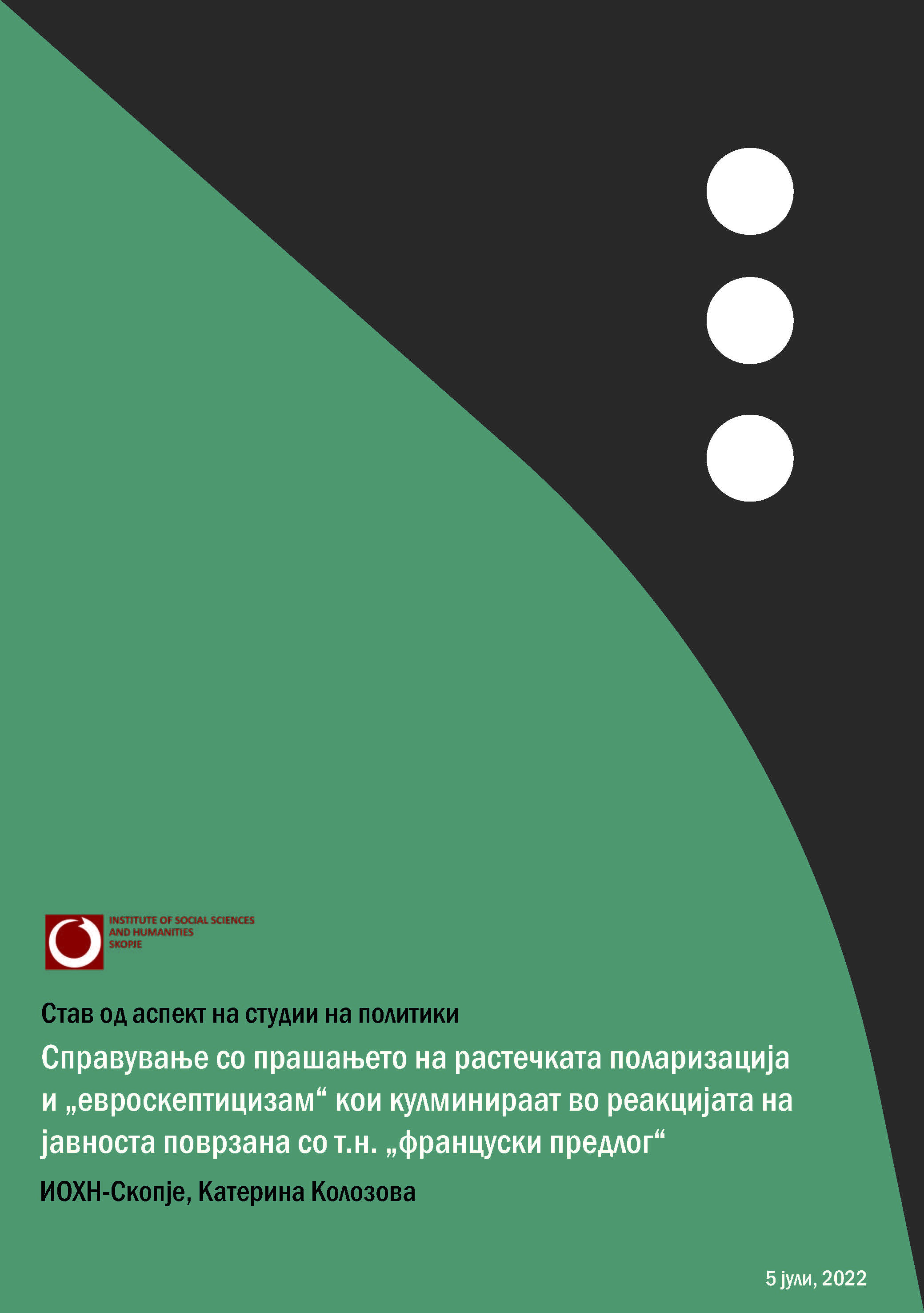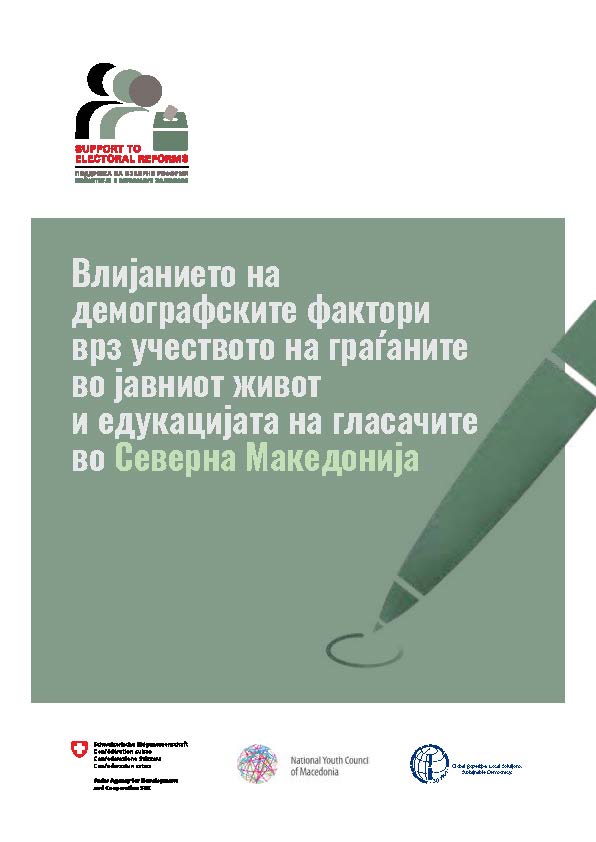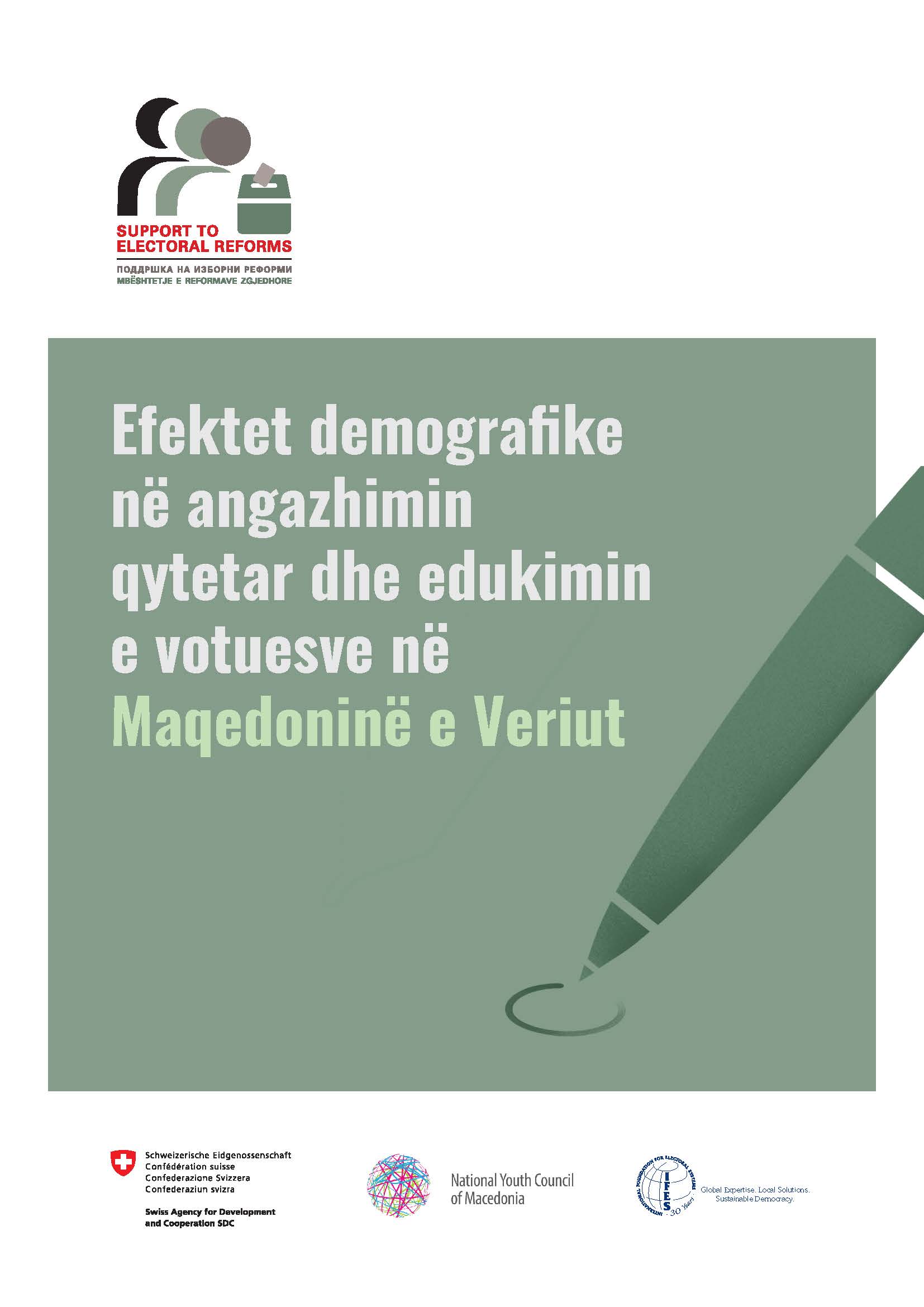Author(s): Katerina Kolozova / Language(s): Macedonian
Институтот за општествени и хуманистички науки (ИОХН) од Скопје, во изминатава година, произведе повеќе студии со препораки за можниот излез од слепата уличка на проширувањето како резултат на бугарско-македонскиот спор.Уверени сме дека сржта на нашите препораки е отсликана во Општата позиција и предложената Преговарачка рамка на Европскиот совет која стапи на сила неодамна, веднаш по дадената согласност и на Бугарскиот парламент со што се отстрани ветото за почеток на преговорите. Имено, овој документ не содржи никаква референца на историја, историографија или идентитет. Прашањата на културен конфликт, како што ние го дефинираме јадрото на спорот (погледнете ја нашата прва препорака цитирана подолу, која ја содржи премисата на оваа дефиниција), се префрлени на планот на билатералното разрешување конфликти и, се надеваме, помирување.Треба да се развијат културни политики кои ќе дадат одговор на културниот конфликт во прашање и ќе понудат негово решение во термини на културни и образовни политики во низа дисциплини (литература, уметност, историја), бидејќи идентитетскиот наратив е секогаш нешто повеќе од само „историја“ (историјата во идентитетски контекст е народен спонтан наратив за минатото, сроден на мит). Кажано поинаку, историографијата, и педагогијата нема да понудат решение на конфликтот за кој станува збор туку тоа може да го направат современите образовни политики. Затоа, да се применат образовни политики и политики од областа на меѓународните односи кои би ги афирмирале врските во заедничката или споделена (наречете ја како сакате) историја – да се афирмираат во смисла на точки на континуитет на споделеното минато и, се надеваме, иднина, односно во смисла на точки на поврзување наместо поделба.Документот на Европскиот совет е политички стерилен – во најдобрата смисла на зборот – додека, во исто време, овозможува пристап на сензитивност кон културните засегнатости понуден во најсоодветниот можен формат по углед на Преспанскиот договор за добрососедски односи. Дотолку повеќе, единствената наша препорака од претходните документи која ја сметавме за најдалеку од остварлива е материјализирана во овој наводно „контроверзен“ предлог: Рамковата позиција на Бугарското собрание е потполно поништена во Општата позиција и нејзиниот придружен елемент, Рамката на преговори.Зошто, тогаш, ваква реакција не само на десничарските партии и една националистичка лева партија (Левица), туку и на дел од претпоставеното проевропско граѓанско и експертско општество?Уверени сме дека станува збор за висока поларизација создадена од ветото и билатералните преговори поврзани со него. Европа и Бугарија се виновни за тоа што дозволија да се појави ваков опасен процес, непромислено допуштајќи раст на поларизацијата и, со тоа, евроскептицизмот дури и помеѓу оние најпосветените на евро-интеграциите.Итно мора да се иницира брз процес на деполаризација, по пат на методите на разрешување културен конфликт и помирување, како предуслов за каква било рационална расправа во однос на билатералните протоколи со Бугарија а, исто така, поврзана со т.н. „француски документ“ (како што го нарече македонската јавност) но и за повторно градење доверба во идејата на обединета Европа и европските вредности. Првиот чекор би можело (и, тврдиме, би требало) да биде потсетувањето на нашата јавност дека ние допрва учиме што се европските вредности бидејќи тие се повеќе од само тоа да се биде географски и културен дел на континентот: дијалогот на спротивставените страни, разрешувањето конфликти и дарбата и знаењето да се градат добрососедски односи по пат на „вистина и помирување“ (методата на Жак Дерида) како и други сродни модели на деполаризација и разрешување културен конфликт.
More...
